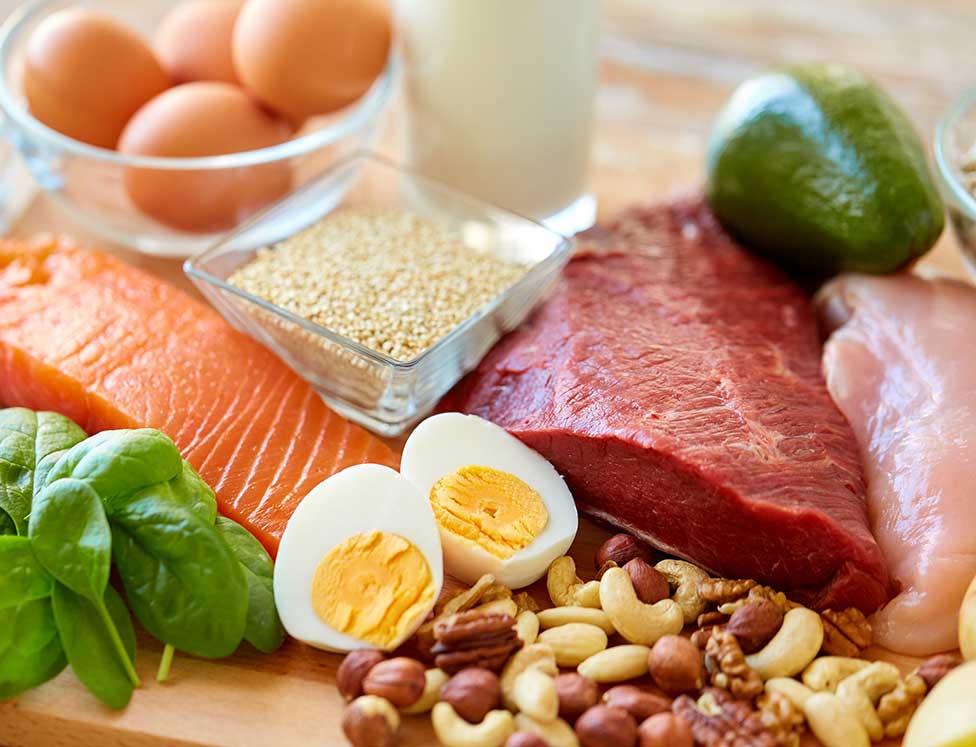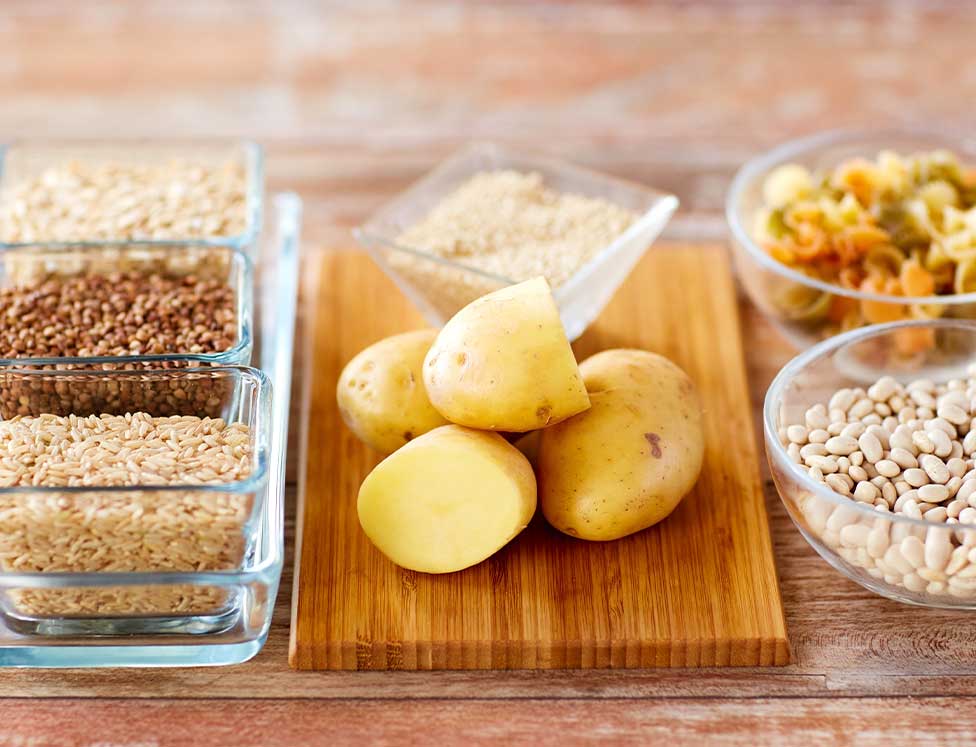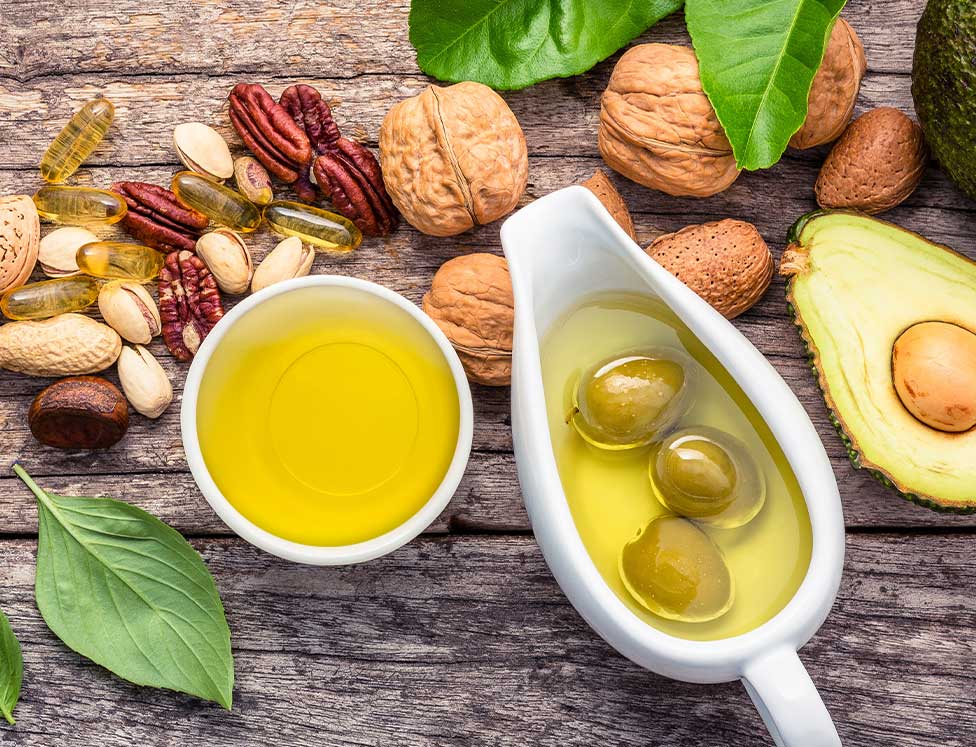Ovarian cancer itself, as well as treatments associated with it, can drastically affect your day-to-day. Symptoms like constipation, gas, bloating, and stomach pain take their toll, and general fatigue can make it harder to do the things you normally do. A good diet can make those symptoms more manageable and get you closer to living your life the way you want to.
It’s all about ensuring your body is getting the vitamins, proteins, and other nutrients it needs to perform its best. Of course, there’s no “one size fits all” diet for ovarian cancer patients. Everyone’s situation is different. But, we have some suggestions to help you get started on your journey to wellness and healing.
The Importance of a Balanced Diet
As you’re being treated for ovarian cancer, you may find that things like chemo and surgery affect your body in unexpected ways. It can change how you absorb nutrients and even your appetite. It’s important to listen to your body (and your doctor) when it comes to getting all the nutrients you need to stay well.
During treatment for ovarian cancer, you’ll want to:
- Try to stay at a healthy weight
- Make sure your body is getting the proper nutrients and calories
- Maintain muscle mass
A well-balanced diet is the key to all of these things. Your body will be fighting to regulate itself as you’re being treated for ovarian cancer, meaning it will need more nutrients and calories as it works to heal. Getting enough calories and drinking plenty of fluids will help keep your body strong and improve your immune system so you can continue receiving treatment. It can even make side effects from treatment more manageable.
Often, your appetite will fluctuate during treatment. You may find that eating is the last thing on your mind as you deal with stomach issues and fatigue. Still, it’s important to make sure your nutrient needs are met. Try small meals throughout the day, supplemented with a quick snack in between, to meet your nutrition goals.








